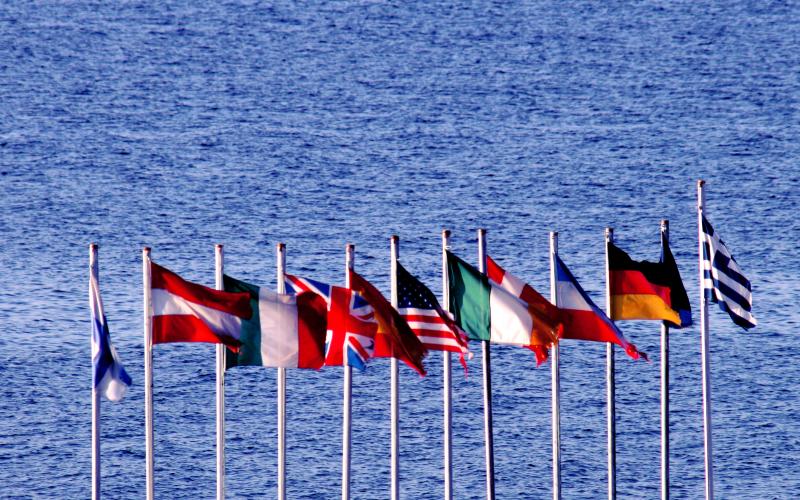
The Organization for Economic Development (OECD) including the G20 countries that make up 90% of the global economy and 80% of the global trade, 66% of the world population and emit 84% of the fossil fuels. The OECD of which the US is a member recently released the final set of new Base Erosion and Profit Sharing (BEPS) reports. I want to thank Guy Sanschagrin at WTP advisors for his post on this initiative at their blog. For those to whom this sounds like so much alphabet soup with unknown acronyms this is really big related to transfer pricing issues.
Transfer pricing involves a number of things, but in its simplest form it involves determining the price for goods or services between controlled or related parties within an enterprise. This is big because when revenue or expenses originate in multiple tax areas (for example U.S intangibles and marketing and China for manufacturing) there can be issues related to both tangible and intangible assets. The revenue or costs between the parent and a subsidiary can have very significant tax consequences. Having mediated in this area, these new reports will surely impact firms involved in this area of tax law.
WTP Advisors made a post on their blog that summarizes the major provisions of these changes. In short:
- The international tax landscape will be much more hostile to aggressive tax planners
- The most defensible tax strategy will be aligning taxable income with value creation
- Corporate tax structures will increasingly become PR issues
- Tax compliance costs will rise for multinational companies
This is a very well organized commentary for those wanting to learn more.
